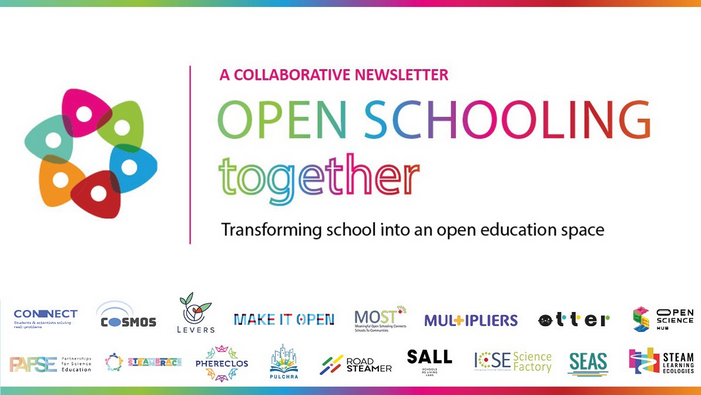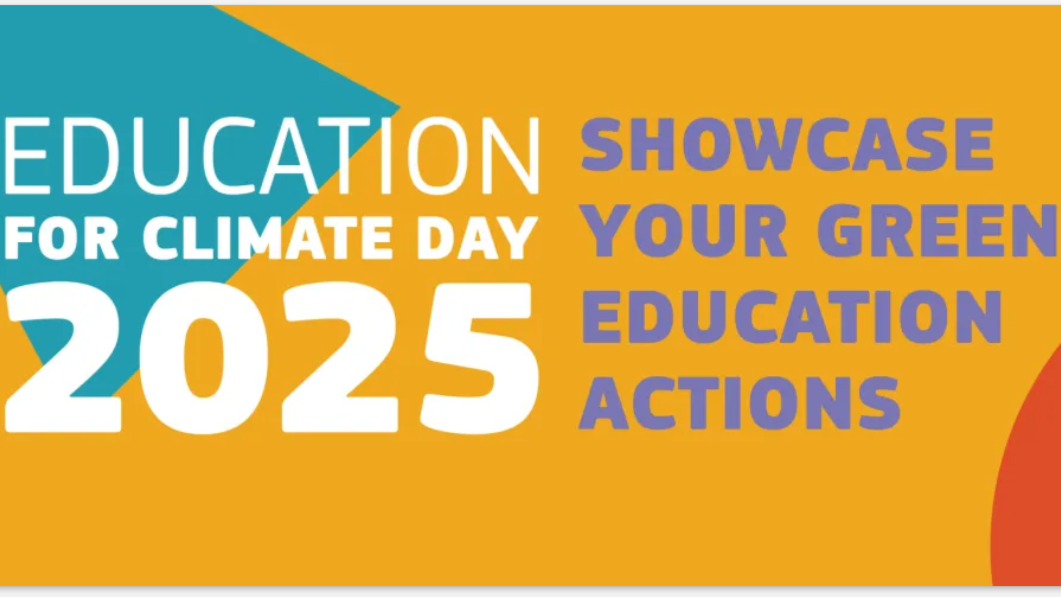The metaverse promises to be the next chapter of the Internet and offers a unique immersive context for learning. But how can it make science education more accessible, inclusive and fit for the future? Convening before a highly interactive audience of education policy experts, business leaders, educators and academics, the High-Level Roundtable on New Tools for New Times: Mobilising the Metaverse to Boost STEAM Education, demonstrated the power of the metaverse in its education-setting context and the challenges ahead. Matthew Sanders, global affairs leader in education and virtual reality; Nicole Staubli, programme manager for Meta immersive learning content; and Carola los Arcos, politics and government outreach manager at Meta, unpacked the limitless potential of the metaverse in fostering new creative, interactive and accessible ways to teach STEM to students. Malte Stäps, director of scientific partnerships at Labster – a European virtual education startup – introduced how interactive technologies are changing the way people are learning about science throughout Europe. Constantin Scholz, researcher at the Interuniversity Microelectronics Centre (IMEC) and safebot lead at the Brussels Human Robotics Research Center (BruBotics) in the Free University of Brussels, shared the innovative learning approaches he leads at FabLab, a Brussels-based collaborative maker space. Immediately following the session, participants experienced a range of cutting-edge VR demos where they could see first-hand how STEM education can take place in the metaverse. The roundtable convened in collaboration with Meta at the Meta EU Innovation House in Brussels and under the rubric of the Road-STEAMer project.
As Road-STEAMer draws to a close in summer 2025, we are taking this opportunity to reflect on what we’ve accomplished, and we need your input to do so.



